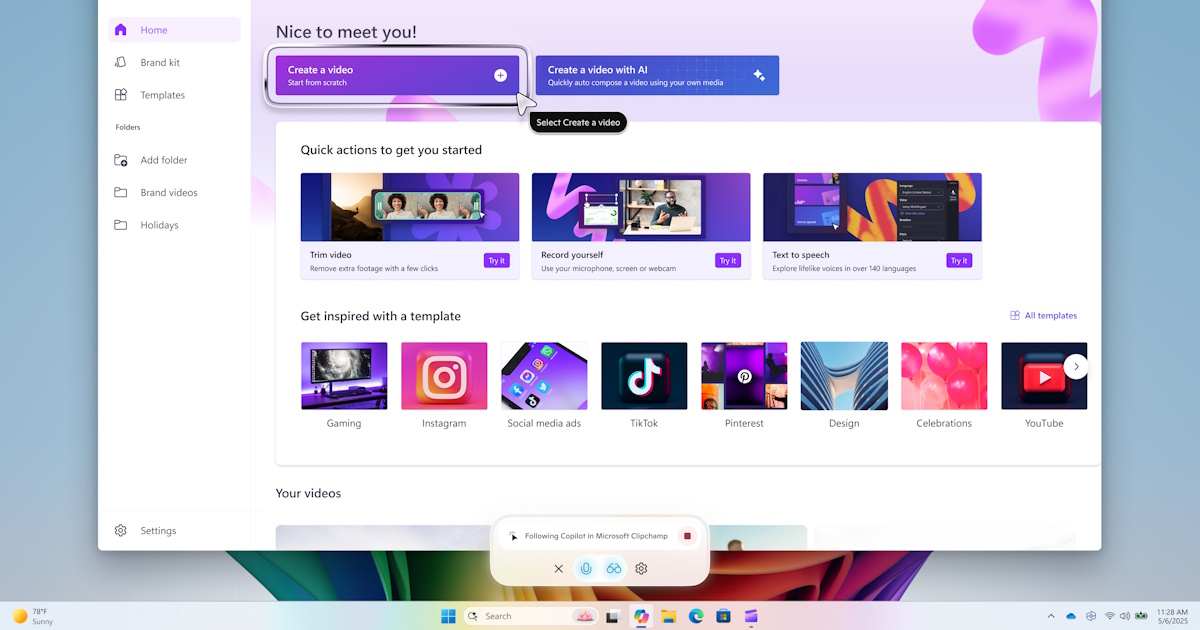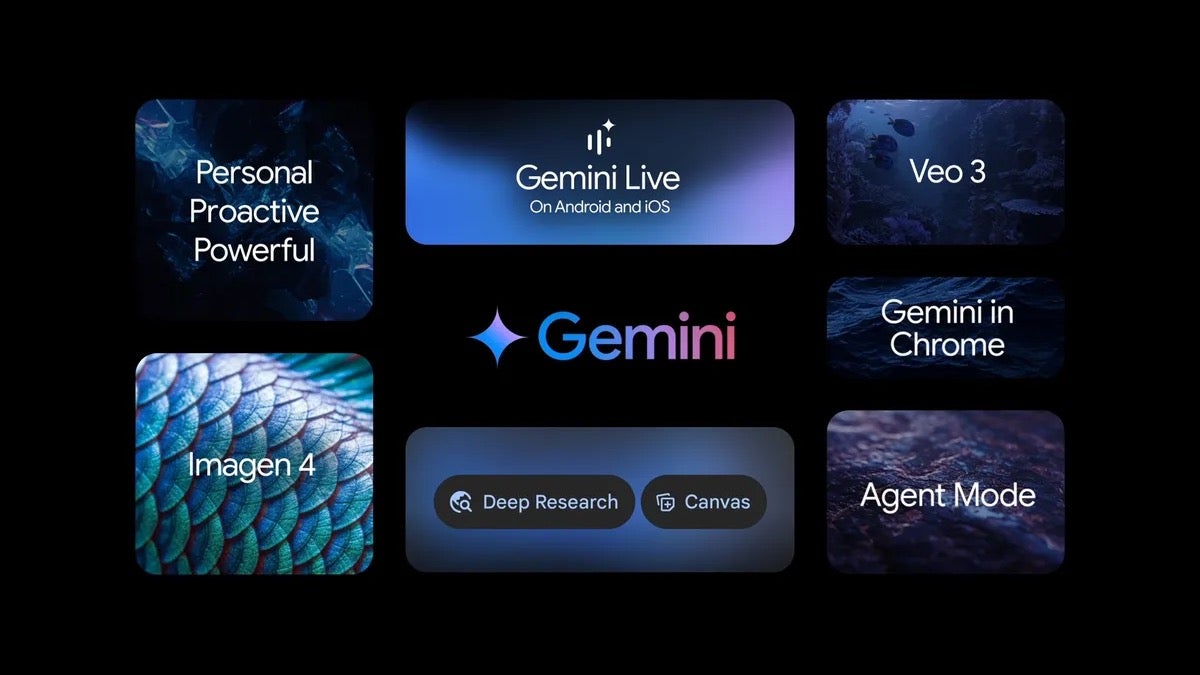Android XR is getting stylish partners in Warby Parker and Gentle Monster
Google’s second era of smart glasses is off to a chic start. At its I/O developer conference today, Google announced that it’ll be partnering with Samsung, Gentle Monster, and Warby Parker to create smart glasses that people will actually want to wear. The partnership hints that Google is taking style a lot more seriously this […]


Google’s second era of smart glasses is off to a chic start. At its I/O developer conference today, Google announced that it’ll be partnering with Samsung, Gentle Monster, and Warby Parker to create smart glasses that people will actually want to wear.
The partnership hints that Google is taking style a lot more seriously this time around. Warby Parker is well known as a direct-to-consumer eyewear brand that makes it easy to get trendy glasses at a relatively accessible price. Meanwhile, Gentle Monster is currently one of the buzziest eyewear brands that isn’t owned by EssilorLuxottica. The Korean brand is popular among Gen Z, thanks in part to its edgy silhouettes and the fact that Gentle Monster is favored by fashion-forward celebrities like Kendrick Lamar, Beyoncé, Rihanna, Gigi Hadid, and Billie Eilish. Partnering with both brands seems to hint that Android XR is aimed at both versatile, everyday glasses as well as bolder, trendsetting options.
The other thing to note is that Google seems to be leaning on Samsung for XR glasses hardware, too. As part of a Keyword blog, Google’s VP of XR, Shahram Izadi, noted that it’s “advancing its partnership with Samsung to go beyond headsets” and into glasses. Also announced today at I/O, Google noted the first pair of Android XR-enabled glasses will be made by Xreal under the name Project Aura.
As for what these XR glasses will be able to do, Google was keen to emphasize that they’re a great vehicle for using Gemini. So far, Google’s prototype glasses have had cameras, microphones, and speakers so that its AI assistant can help you interpret the world around you. That included demos of taking photos, getting turn-by-turn directions, and live language translation. That pretty much lines up with what I saw at my Android XR hands-on in December, but Google has slowly been rolling out these demos more publicly over the past few months.
Altogether, it seems like Google is directly taking a page out of Meta’s smart glasses playbook. That’s a big deal, as it’s a direct nod to the success Meta’s had with its Ray-Ban smart glasses. The company revealed in February that it’s already sold 2 million pairs of its Ray-Ban smart glasses and has been vocally positioning them as the ideal hardware for AI assistants.
The latter remains to be seen, but one thing the Ray-Ban Meta glasses have convincingly argued is that for smart glasses to go mainstream, they need to look cool. Not only do Meta’s glasses look like an ordinary pair of Ray-Bans, Ray-Ban itself is an iconic brand known for its Wayfarer shape. In other words, they’re glasses the average person wouldn’t feel quite so put off wearing. Since launching its second-gen smart glasses in late 2023, Meta has also put out a few limited edition versions, playing into the same fashion strategy as sneakers. Meta is also rumored to be releasing Oakley-branded versions of its smart glasses for athletes.







